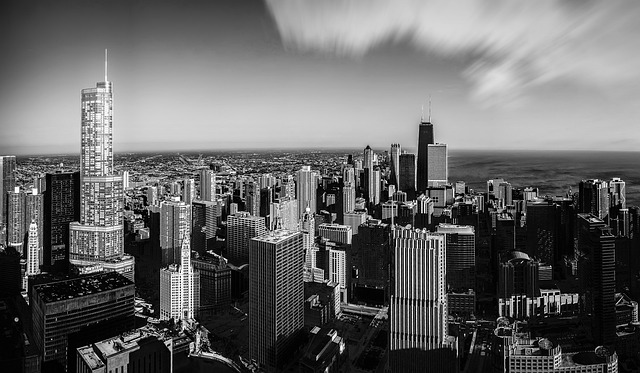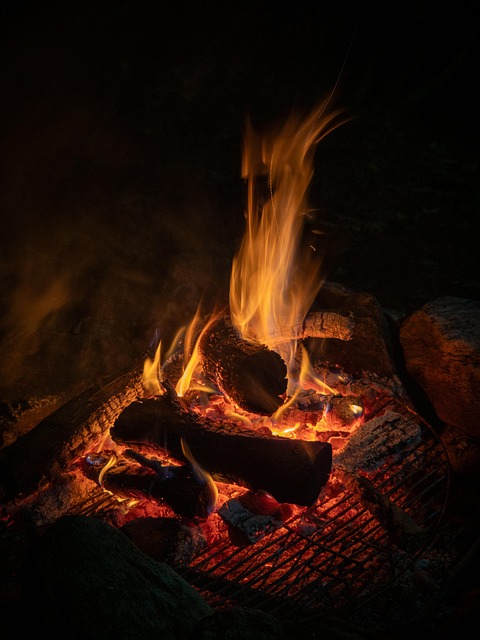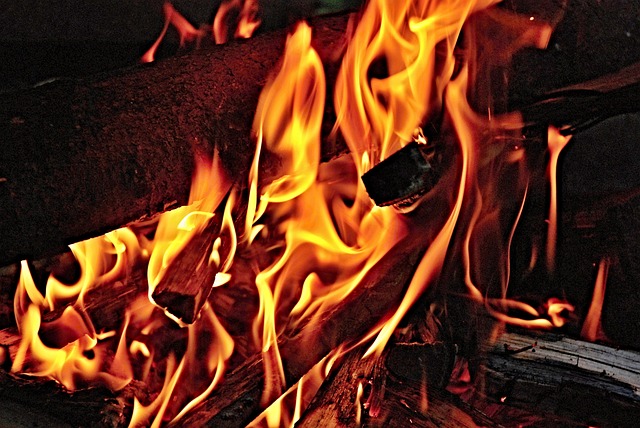Selling a house with fire damage in Chicago requires prompt professional remediation to mitigate health risks, prevent long-term structural damage, and restore property value. The process involves assessing and containing smoke residue, removing damaged materials, and decontaminating the property using advanced cleaning methods. Engaging experienced professionals who understand local regulations is essential for restoring the home to its pre-fire condition and increasing the likelihood of a swift sale. Additionally, understanding legal considerations, insurance claims, and documenting damage are crucial for securing fair compensation and ensuring a smoother transition during renovation.
“After a fire, smoke damage can leave devastating remnants on properties in Chicago. Understanding the impact and knowing the remediation process is crucial for homeowners looking to sell their fire-damaged houses in Illinois. This article guides you through the intricacies of smoke damage, from assessing its effects to legal considerations and practical tips for restoration. Whether you’re a seller or simply curious, discover the essential steps to navigate this challenging situation, ensuring your home’s future value after a fire.”
- Understanding Smoke Damage and Its Impact on Properties in Chicago
- The Steps Involved in Smoke Damage Remediation
- Legal Considerations and Insurance Claims for Fire-Damaged Homes
- Restoring Your Home After a Fire: Tips for Sellers in Illinois
Understanding Smoke Damage and Its Impact on Properties in Chicago
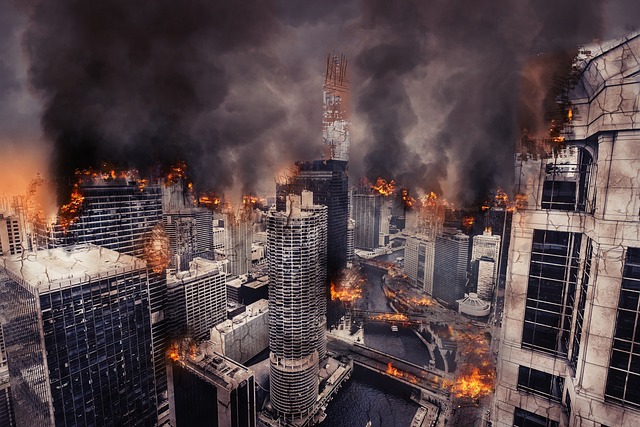
Smoke damage from a fire can leave behind a significant and complex set of issues for any property in Chicago, especially when it comes to selling a house with fire damage. Beyond the visible soot and charred remains, smoke contains a variety of toxic chemicals that can infiltrate walls, ceilings, flooring, and personal belongings. These substances, including acrid fumes and volatile organic compounds (VOCs), not only pose health risks but also have the potential to cause long-term structural damage if left untreated.
The impact of smoke damage extends beyond the immediate aftermath of a fire. Over time, it can lead to musty odours, discolouration, and even the growth of mould, which can further compromise indoor air quality and the overall value of the property. For homeowners looking to sell a house with fire damage in Chicago, addressing these issues is not only crucial for ensuring a safe living environment but also for maintaining market competitiveness. Prompt and professional smoke damage remediation is essential to mitigate the effects, restore the property’s value, and appeal to potential buyers who value health, safety, and peace of mind.
The Steps Involved in Smoke Damage Remediation
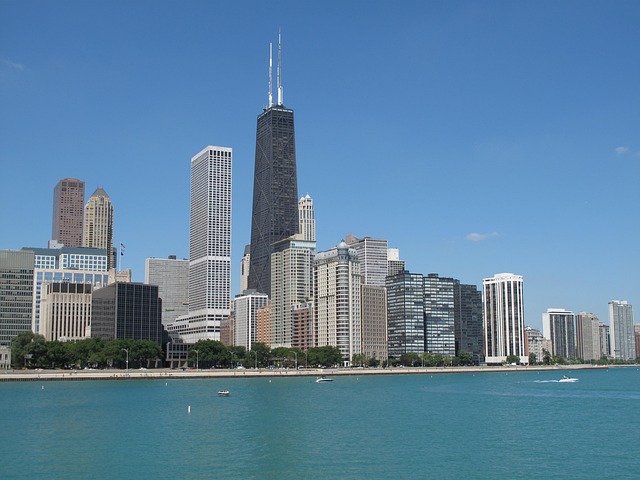
Smoke damage remediation is a critical process for anyone selling a house with fire damage in Chicago or beyond. The first step involves assessing the extent of the damage, which includes examining walls, ceilings, and floors for smoke and soot residue. Professional inspectors use tools like moisture meters and thermal imaging cameras to identify hidden issues that might require specialized cleaning methods.
Once the assessment is complete, remediation begins. This typically involves several stages: containment to prevent further contamination, removal of damaged materials, thorough cleaning with advanced equipment, decontamination, and restoration. For selling a house with fire damage in Chicago, it’s crucial to engage experienced professionals who understand local regulations and can ensure the property meets market standards. They’ll work diligently to restore your home to its pre-fire condition, mitigating potential health risks and increasing the chances of a swift sale.
Legal Considerations and Insurance Claims for Fire-Damaged Homes

When dealing with smoke damage from a fire in your Illinois home, understanding legal considerations and insurance claims is crucial. If you’re planning to sell a house with fire damage Chicago residents should know that documenting the extent of the damage is essential for both legal protection and maximizing compensation during the insurance claim process.
Consulting with an attorney specialized in property damage claims can help navigate complex legal aspects, ensuring your rights are protected. In addition, being proactive by taking detailed photos and keeping records of repair estimates will strengthen your insurance claim. This includes documenting not only structural repairs but also replacements for personal belongings affected by smoke damage. This comprehensive approach ensures a smoother transition during the renovation process and helps ensure you receive fair compensation when selling a house with fire damage in Chicago.
Restoring Your Home After a Fire: Tips for Sellers in Illinois
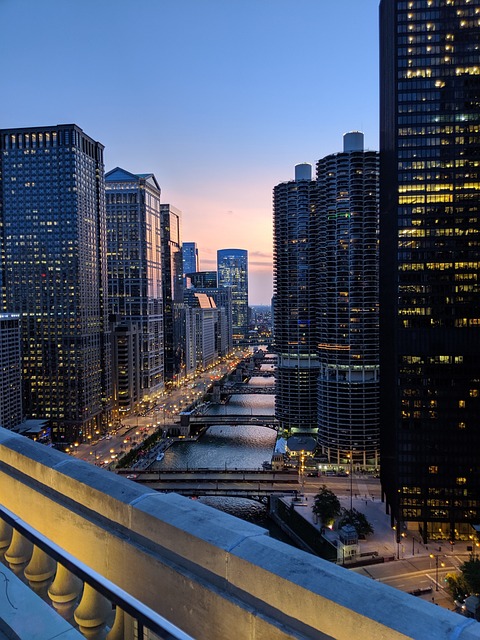
After a fire, selling your home in Chicago can be a challenging process, but with proper restoration and attention to detail, it’s possible to turn a disaster into an opportunity. The first step is to hire certified professionals for smoke damage remediation. These experts understand that quick action is crucial to prevent further deterioration of the property and minimize odor and soot residue. They will assess the extent of the damage and develop a plan tailored to your Chicago home.
Restoring your home after a fire involves more than just cleaning and repairing visible flames. It’s essential to address hidden smoke damage in walls, ceilings, and air ducts. Sellers should also focus on making necessary structural repairs, repainting with non-toxic, odor-neutralizing paint, and replacing affected belongings or materials. By following these steps and potentially partnering with a real estate professional experienced in selling homes with fire damage in Chicago, you can ensure your property is ready to captivate buyers and secure a successful sale.
When navigating the process of selling a house with fire damage in Chicago, understanding smoke damage remediation and its legal implications is key. By familiarizing yourself with the steps involved in cleaning and restoring your property, you can ensure a smoother transition for both you and potential buyers. Remember, prompt action and proper documentation are essential when dealing with insurance claims and legal considerations to protect your interests and facilitate a successful sale.

